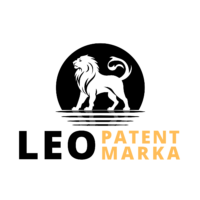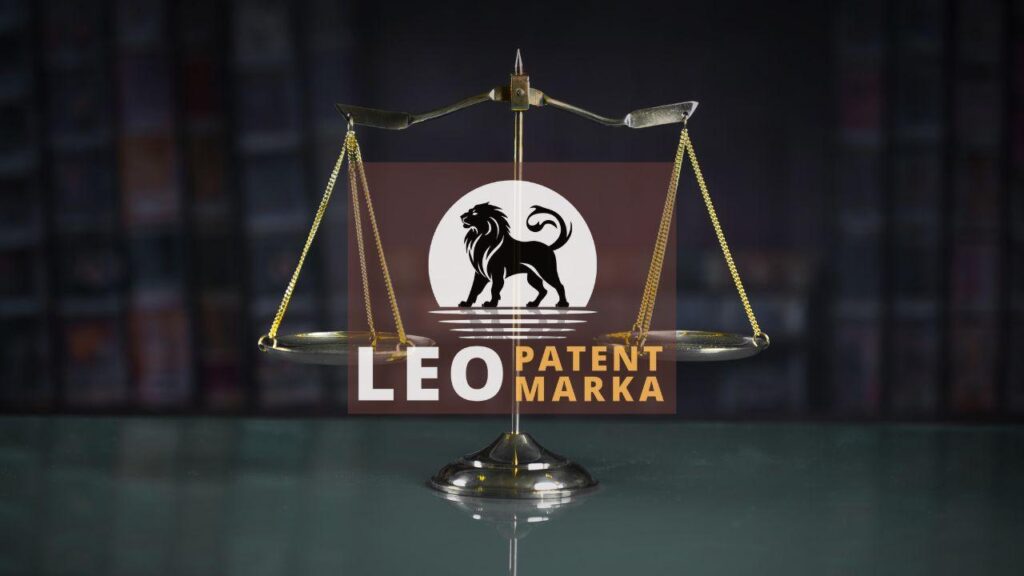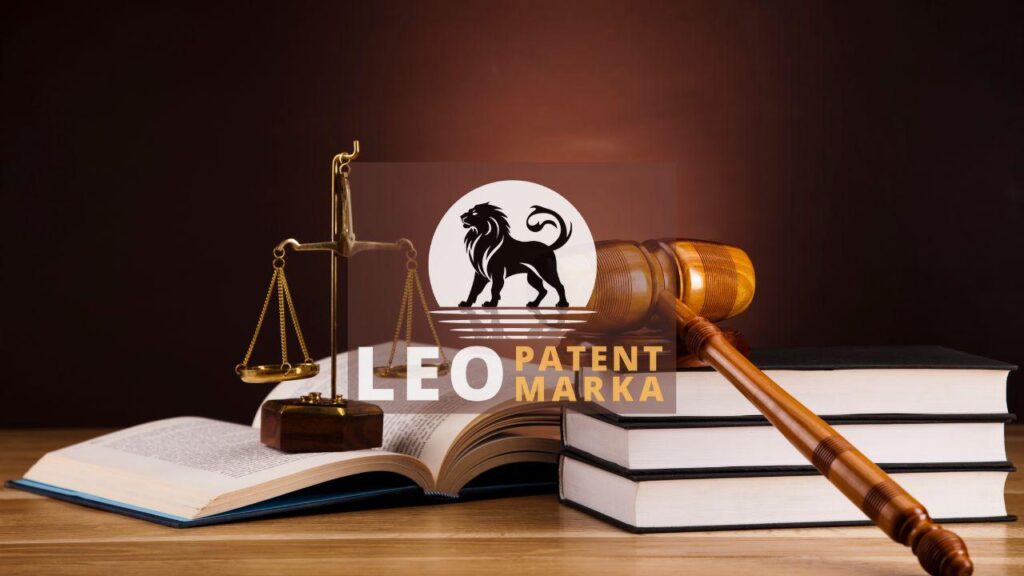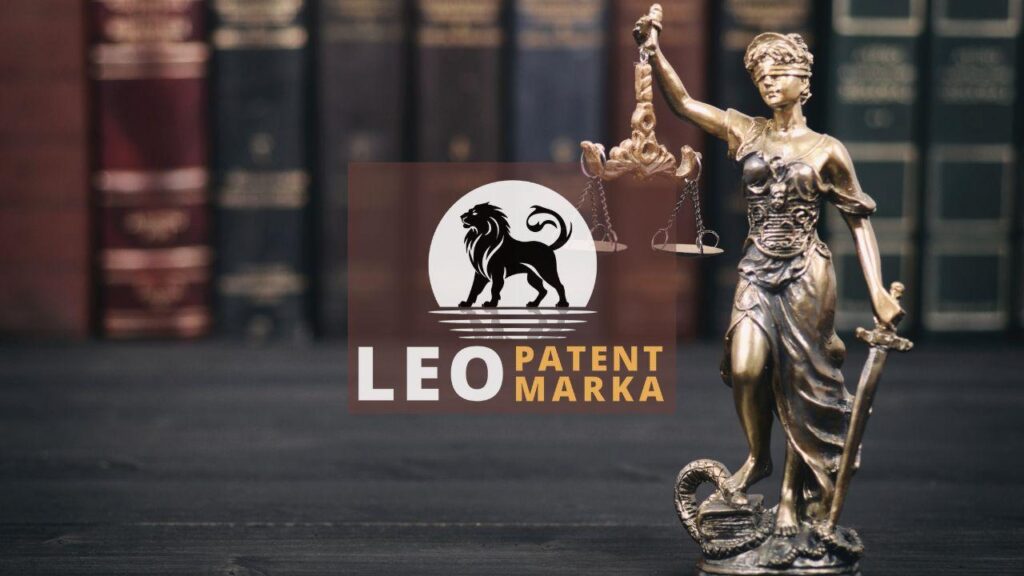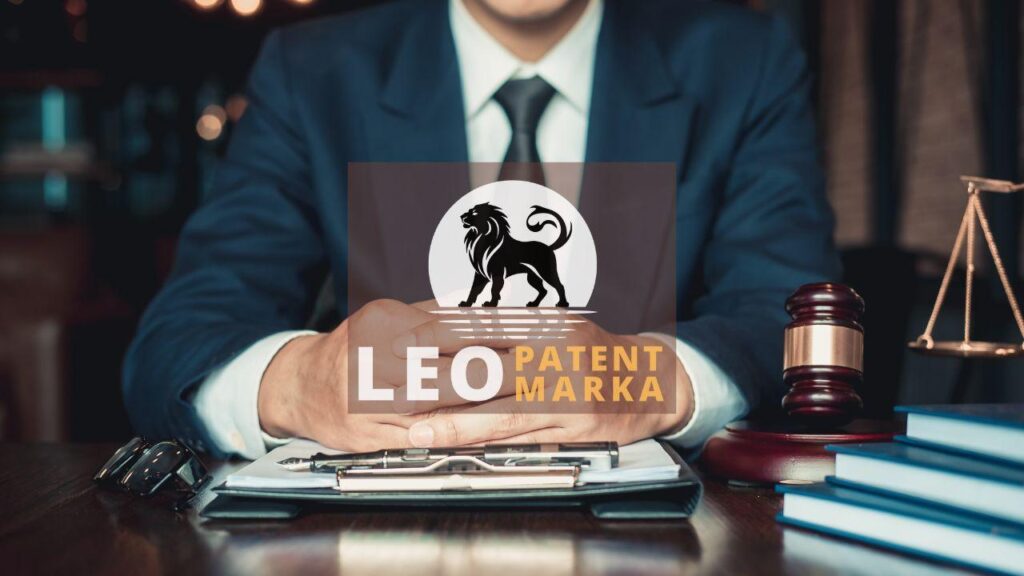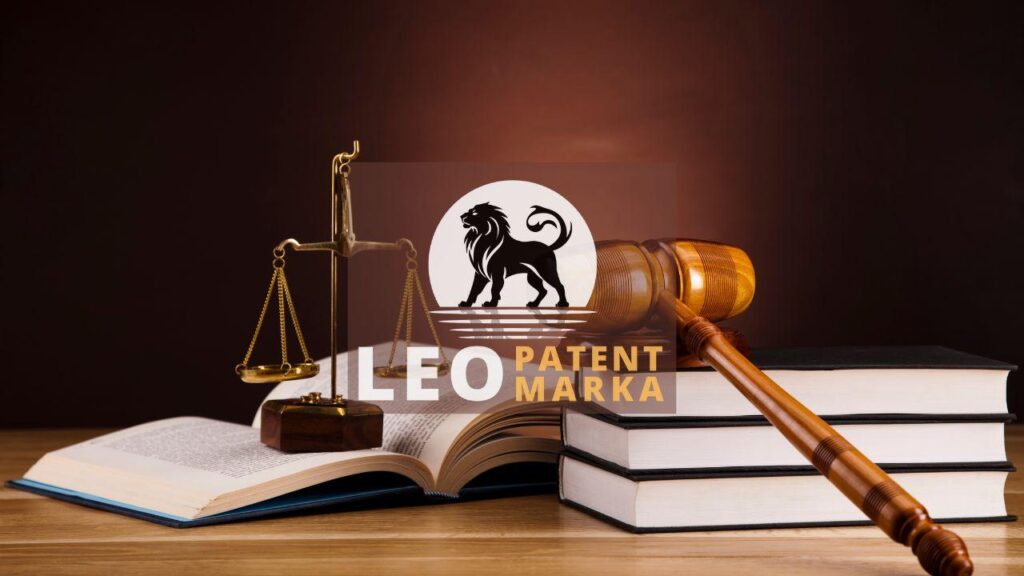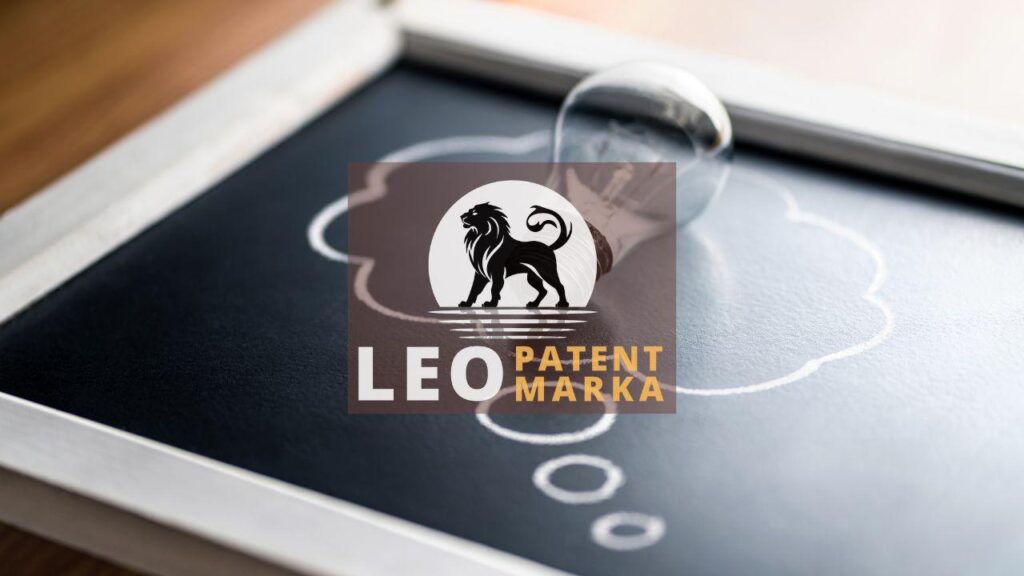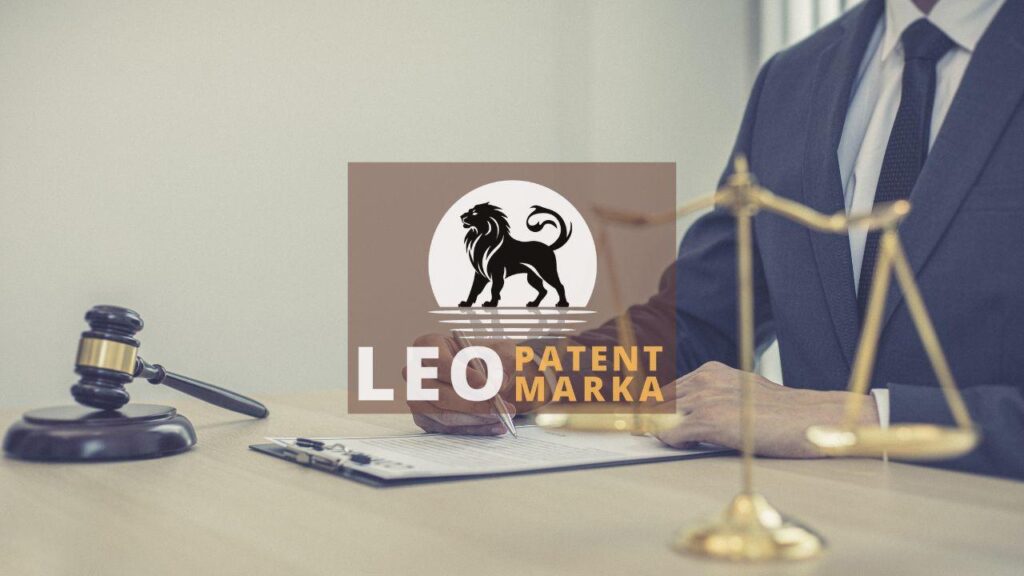In today’s competitive marketplace, the protection of unique designs has become more critical than ever. Businesses invest significant resources into creating distinctive designs that differentiate their products and resonate with consumers. However, the rise in counterfeiting poses substantial challenges to maintaining the integrity and value of these designs. At Leo Patent, we understand the importance of safeguarding your intellectual property. This blog post delves into the methodologies and strategies for detecting design counterfeiting within the Turkish legal framework, emphasizing the crucial role of expert consulting services in protecting your creative assets. By staying informed about the latest in design protection and infringement detection, businesses can better navigate the complexities of intellectual property law and ensure their innovations remain secure.
Understanding Turkey’s Legal Framework on Design Counterfeiting
Turkey’s legal framework for combating design counterfeiting is anchored in the Industrial Property Code (IPC), which consolidates and modernizes previous legislation. Enacted in 2017, the IPC provides comprehensive protection for industrial designs, encompassing both registered and unregistered designs. Under this code, the owner of a registered design is afforded exclusive rights to prevent unauthorized production, sale, or importation of counterfeit products. In addition to civil remedies such as injunctions and damages, the IPC imposes criminal penalties for willful infringement, including imprisonment and substantial fines. This stringent legal backdrop underscores the necessity for businesses to diligently register their designs and vigilantly monitor the market for potential infringements. By leveraging the expertise at Leo Patent, companies can effectively navigate these regulations and employ proactive measures to safeguard their unique designs against counterfeiting threats.
In addition to the national legislation, Turkey is a signatory to several international treaties that strengthen the enforcement of intellectual property rights. The Hague Agreement, for instance, allows for the international registration of industrial designs, providing broader protection across multiple jurisdictions with a single application. Furthermore, Turkey’s membership in the World Intellectual Property Organization (WIPO) ensures adherence to global IP standards and access to international dispute resolution mechanisms. These international agreements enhance the robustness of Turkey’s legal framework by facilitating cooperation and coordination with other countries in combating design counterfeiting. Businesses looking to secure their designs not only benefit from the local protections offered by the IPC but also from the extensive international safeguards that come from these treaties. By consulting with experts at Leo Patent, companies can gain a comprehensive understanding of both domestic and international legal avenues to effectively protect their creative designs.
Staying vigilant and informed is crucial for effectively leveraging Turkey’s robust legal framework against design counterfeiting. Continuous market monitoring and timely action are essential strategies in identifying and combating counterfeit activities. At Leo Patent, we offer specialized services such as market surveillance, design audits, and trademark watch programs to help businesses proactively detect potential infringements. By integrating technological tools and methodologies, including online monitoring and data analysis, our expert team can identify counterfeit designs quickly and efficiently. Early detection, followed by swift legal action, significantly mitigates the risks associated with counterfeiting and preserves the brand’s market position. Our tailored consulting services provide businesses with the strategic insights and legal support necessary to maintain the integrity of their designs, ensuring they remain competitive and protected in both the Turkish and international markets.
Advanced Techniques in Identifying Counterfeit Designs
Advanced techniques in identifying counterfeit designs are integral to preserving the authenticity of your creations. In Turkey, leveraging technology-driven solutions can significantly enhance the detection process. Image recognition software and digital watermarking are just a few of the sophisticated tools employed to compare original designs with suspected counterfeit items. These technologies can detect even the slightest discrepancies that may not be visible to the naked eye. Additionally, blockchain technology provides a secure and immutable record of design ownership and transaction history, making it harder for counterfeiters to tamper with the authenticity of your designs. For businesses operating in Turkey, partnering with an expert in intellectual property rights, like Leo Patent, ensures access to the latest advancements in counterfeit detection, thereby fortifying your brand against the ever-evolving tactics of counterfeiters.
Moreover, forensic examination plays a crucial role in identifying counterfeit designs by meticulously analyzing materials, production techniques, and other physical aspects of the products. This method involves scrutinizing the minute details, such as stitching patterns, paint consistency, or material composition, which can reveal telltale signs of counterfeiting. Expert forensic analysts in Turkey use state-of-the-art laboratory equipment and methodologies to provide irrefutable evidence of design infringement. By combining technological solutions with traditional forensic analysis, businesses can achieve a multi-faceted approach to counterfeit detection, maximizing the chances of uncovering unauthorized reproductions. Leo Patent can guide you through both technological and forensic strategies, ensuring that your designs are thoroughly protected from illegal copying and counterfeiting.
In addition to technological and forensic approaches, legal mechanisms are vital in the fight against design counterfeiting. In Turkey, businesses can leverage robust legal frameworks to protect their designs, including formal registration with the Turkish Patent and Trademark Office (TPTO) and pursuing legal action against infringers. Prompt identification and documentation of counterfeit activities are critical for initiating enforcement actions, such as raids and seizures, to prevent further distribution of counterfeit goods. At Leo Patent, our team of skilled intellectual property attorneys provides comprehensive support in navigating the complex legal landscape, from obtaining preliminary injunctions to pursuing litigation in Turkish courts. By meticulously documenting and presenting evidence of counterfeiting, we help ensure that the judicial system recognizes and enforces your design rights, thereby deterring potential infringers and safeguarding your brand’s reputation and revenue.
Preventive Measures and Enforcement Strategies
A key preventive measure in safeguarding your designs against counterfeiting is to ensure comprehensive and timely registration with the Turkish Patent and Trademark Office. This legal protection grants you the exclusive rights to your design and creates a robust foundation for enforcement actions against infringers. Complementing this, conduct regular market surveillance and engage with expert intellectual property consultants like Leo Patent to identify potential counterfeit activities early. Leveraging advanced technologies such as image recognition software can further streamline detection efforts. Effective education and training of staff on recognizing counterfeit goods and understanding their legal recourse enhance internal vigilance and preparedness. In the event of suspected infringement, immediate legal action—ranging from cease-and-desist letters to seeking provisional injunctions—can help halt the dissemination of counterfeit designs, ensuring your creative assets remain protected.
Strategically enforcing your design rights in Turkey involves a multi-faceted approach that starts with a prompt response to any indication of infringement. It is imperative to work closely with specialized intellectual property attorneys to tailor your enforcement strategy to the specifics of each case. Administrative raids, conducted in cooperation with Turkish customs and local law enforcement agencies, can effectively dismantle counterfeiting operations at their source. Additionally, leveraging public awareness and media campaigns can deter would-be infringers by highlighting your commitment to protecting your designs. Court proceedings for design infringement in Turkey have seen an increase in favorable rulings for rights holders, granting significant damages and punishment to counterfeiters. Therefore, it is crucial to maintain comprehensive documentation and evidence of your design’s originality and the unauthorized use by counterfeiters, reinforcing your position in both administrative and legal actions.
In addition to traditional enforcement strategies, alternative dispute resolution (ADR) methods such as mediation and arbitration offer efficient and cost-effective avenues for addressing design counterfeiting disputes in Turkey. These methods can resolve conflicts faster and with less hostility than conventional court proceedings, preserving professional relationships while protecting your designs. It is also beneficial to foster collaborations with industry associations and participate in collective actions that target counterfeit networks, amplifying the impact of enforcement efforts. By staying vigilant and proactive in protecting their designs, businesses not only reinforce their market position but also contribute to a healthier, counterfeit-free marketplace. At Leo Patent, our comprehensive approach combines legal expertise, technological tools, and strategic alliances to provide robust defense mechanisms against design counterfeiting, ensuring your unique creations continue to thrive.
Disclaimer: This article is for general information purposes only and it is recommended that you consult experts and companies in that field to evaluate your specific situation. We are not responsible for any damage that may arise from the use of the information in this article.
